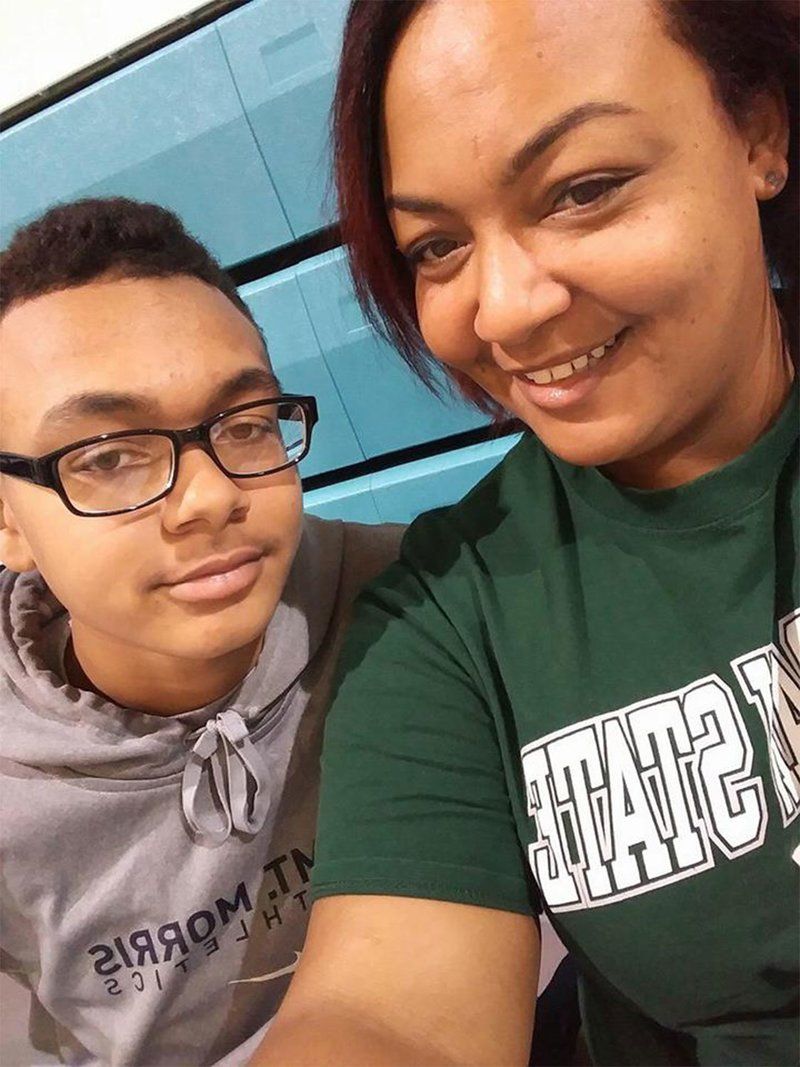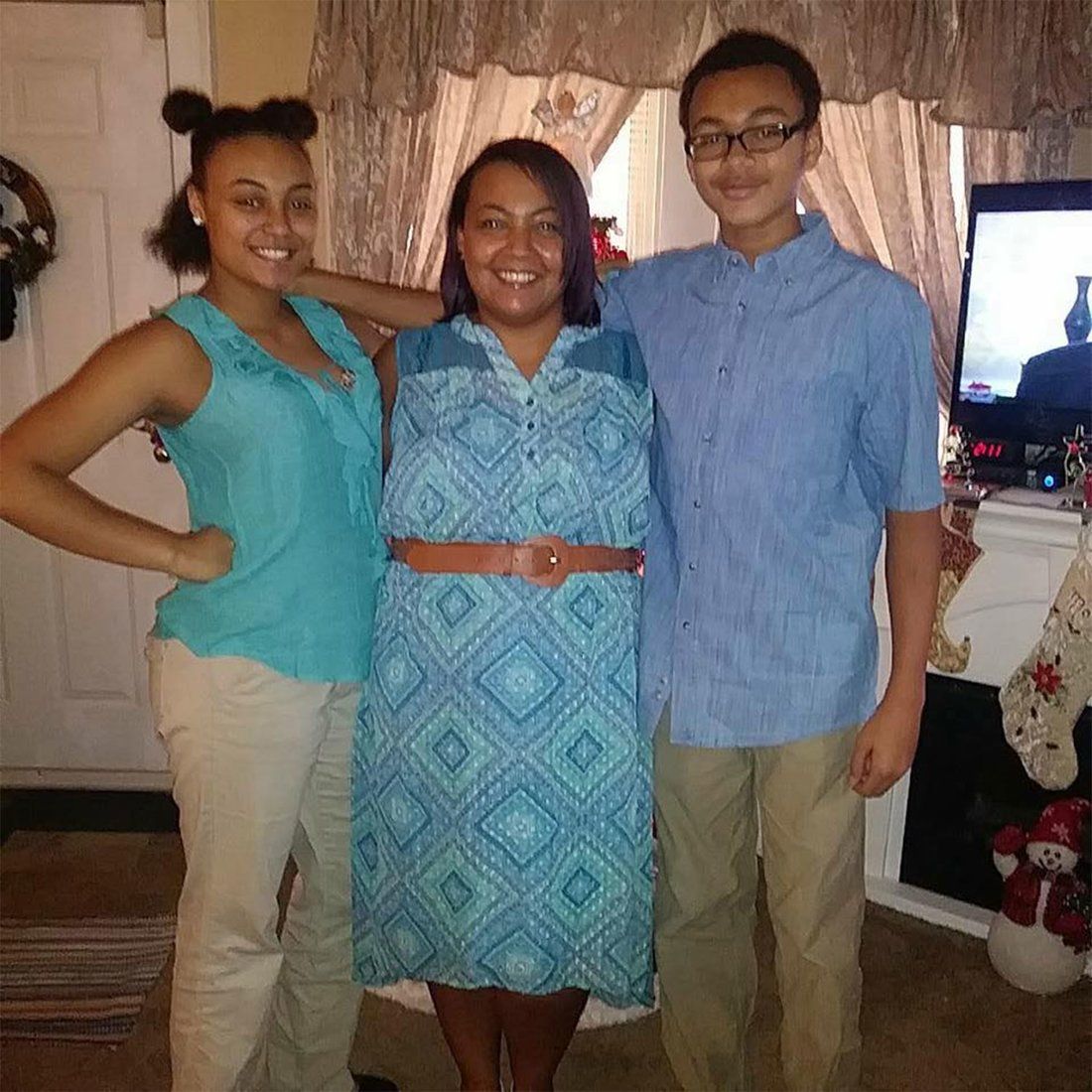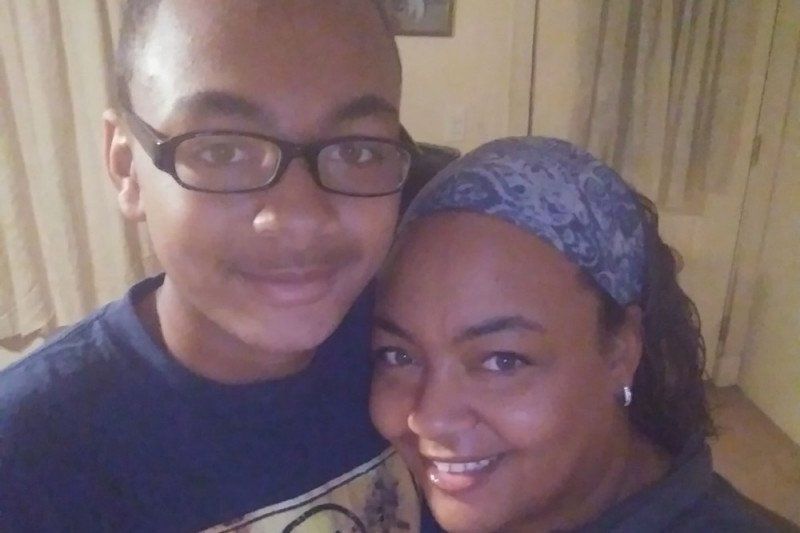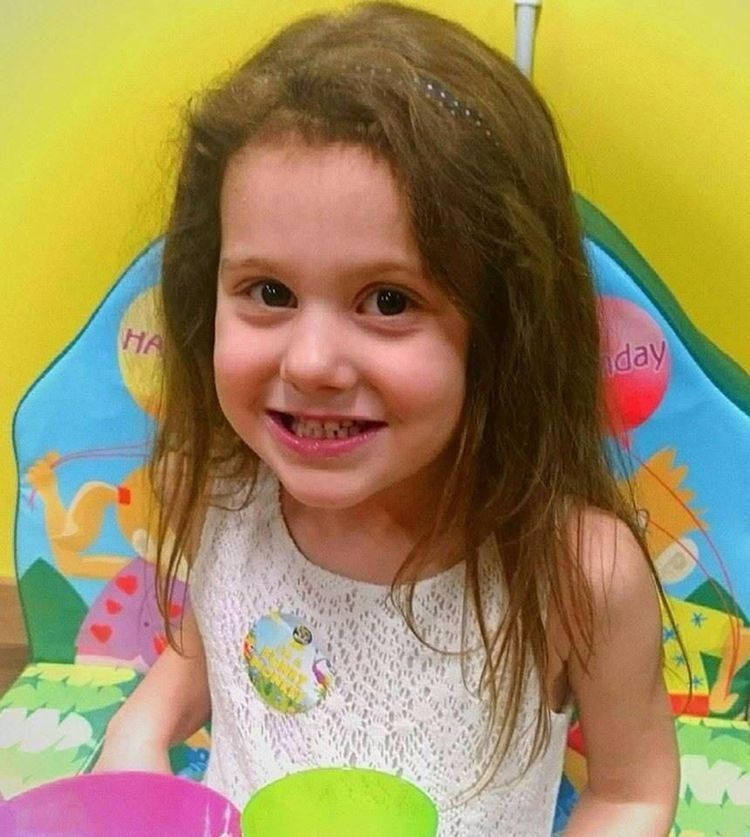Lately, it seems like every time I browse the web there's a story about how medical negligence or error has cost a person their life.
This terrifies me because I once nearly lost my brother after doctors at the ER misdiagnosed his condition.
Instead of running the proper tests, he was simply told to take some painkillers and apply ice to the area that was affected by a hard fall he sustained. Two days later, he woke up with a swollen face, and upon returning to the hospital, he was told that he had fractured his jaw and it has since become infected.
Luckily, they were able to control the spread of the bacteria before it got worse. Sadly, not everyone is as lucky as my brother.
Fatal misdiagnoses
Earlier this week, it was reported that a five-week-old baby, Blayke, died after a hospital turned her away, citing over-capacity as a reason. She had been experiencing breathing problems which eventually led to her being diagnosed with respiratory syncytial virus (RSV), an infection that affects the lungs and respiratory tract, but manifests itself with cold-like symptoms.
The newborn's physician downplayed the seriousness of her condition, and that was a huge mistake.
Unfortunately, similar cases have been occurring more often than they really should, and a 13-year-old boy from Mount Morris, Michigan is the latest victim.

Marquel Brumley had no underlying health conditions when he started showing signs of a cold in mid-February. Since this season's flu strain has been deadly, his mother took him to the hospital after his symptoms worsened.
As the story usually goes, the teen was told that the infection will run its course, and clear on its own. Sure enough, nearly all of his symptoms eventually went away, but the two that remained ended up costing him his life.
In addition to the sniffles that persisted, Marquel was experiencing piercing headaches. The pain was so bad that that he was forced to go to the ER twice.
On his first visit, he was told to take over-the-counter painkillers to soothe the headache, which they believed were migraines. He would get relief for a few hours a day before the pain returned and worsened.
A second trip to the ER
The second trip to the emergency room was a little more effective as he was prescribed a cocktail of migraine pills, including an antihistamine and more painkillers. He was also given fluids since he was not eating or drinking well at the time.
Over the next few days, the family was relieved to see that Marquel was doing better, but sadly that was only temporary. At the beginning of March, his condition became so serious that he woke up one morning with swollen eyes and unable to move the muscles in the left side of his face.
Once again, Marquel was rushed to the ER, and that's when the doctors finally realized just how sick he was.
"It was surreal..."
Upon arriving at the ER, doctors finally ran tests, including an MRI scan. They found that the eighth grader had a sinus infection that spread to his brain, causing blood clots, which can lead to strokes.
Sinus infections usually clear on their own, but on rare occasions, it could spread to the eyes or brain. This could lead to swelling, vision problems, meningitis, brain abscess, encephalitis, and death, according to Cleveland Clinic.
"It was surreal," Marquel's aunt, Nicole Alexander, told People. "He was in a lot of pain, he was crying that his head hurt, and he was still talking to us. He would ask his mom if they were done with the tests because he just wanted to go home."
He was scheduled for an emergency surgery, during which doctors were able to control the infection, but unfortunately, the pressure of the blood clots on the brain cut off the oxygen supply.
"They were treating the infection and the blood clots, but we just didn't have enough time for everything to work before the pressure was too much," Nicole added.

Raising awareness
On March 11, Marquel passed away from the complications of the sinus infection.
His family and friends are now mourning a life that's been taken too soon, and they can't help but think about all the ways in which Marquel made their lives better.
"He was a football player, played the trumpet in the band, you couldn't find flaws with the kid," Alexander says of her nephew. "He was really helpful. He loved helping people and always had a smile on his face. His daily goal was to make everybody smile."
Nicole has been opening up about her nephew's unexpected death so people can become aware of the symptoms of a sinus infection and take precautions to prevent it from becoming fatal.
"If we can raise awareness so other people don't go through this, it's worth it. You don't expect to lose somebody you care about and love so much from something as simple as a sinus infection," Nicole continued. "You just don't."

His family are comforted in knowing that Marquel became an organ donor after his death.
"It's bittersweet, the human part of us is selfish and would rather have him here," Alexander says. "At the same time, if we can prevent another family from feeling what we're feeling, it's a wonderful thing."
A GoFundMe page was started by the Marquel's family to help cover his medical expenses, but since his death, donations have been pouring in to help them pay for his funeral.
Stories similar to Marquel and Blayke's are becoming increasingly common, proving that these aren't isolated incidents.
Five-year-old Ellie-May Clark was another child who recently died after she was refused treatment based on a ridiculous rule the doctor had in place.
Failed by the system
The toddler had been "wheezing and unable to walk," so her concerned mother made an appointment for a check up.
Upon their arrival, the receptionist refused to let them see the doctor because they were late and they had a "strict 10-minute rule."
She died later that day "due to natural causes," according to the coroner, Wendy James, but "nonetheless Ellie should have been seen by a GP that day and she was let down by the failures in the system. Ellie-May Clark died of natural causes where the opportunity to provide potentially life-saving treatment was missed."

Another child, six-year-old Layla Rose, was rushed to the hospital by her mother, Kristy Ermenekli, after she suddenly developed a high fever, had a rash mark on her hip, and complained about feeling sick.
She was sent home, and her "paranoid" mother was told that the viral infection would eventually clear up, but instead, her condition deteriorated.
They returned to the hospital, but unfortunately, the little girl passed away eight hours later. She died from complications stemming from meningococcal meningitis and septicemia.
Children have weaker immune systems, so once the treatment window is missed, chances of recovery are slim to none, but there are a lot of adults who have also been affected by medical malpractice.
A close call
Georgie McLennan, a 23-year-old student nurse, complained of a "mystery pain" in her abdominal area, but when she visited a doctor, she was told that it was "all in her head."
She was later prescribed medication for a stomach ulcer, but the pain did not subside. She was finally given a body scan and that's when doctors found tumors all over her body.

"They thought I was going to die before the result of the biopsy came back," Georgie told 9 News. "I knew it was really bad because it was so spread out."
The medical student was diagnosed with a rare form of cancer known as Burkitt Lymphoma. She had to undergo chemotherapy and spinal chord injections to fight the disease.
She has been sharing her story to raise awareness for cancer, and draw attention to the importance of getting tested.
Hopefully these stories will force doctors, hospitals, and clinics to re-evaluate their practices and come up with tactics that will help patients get the help they need before it's too late.
Have you ever received a wrong diagnosis?

